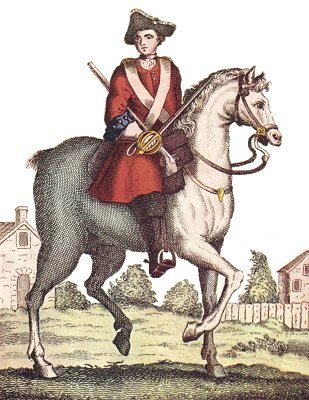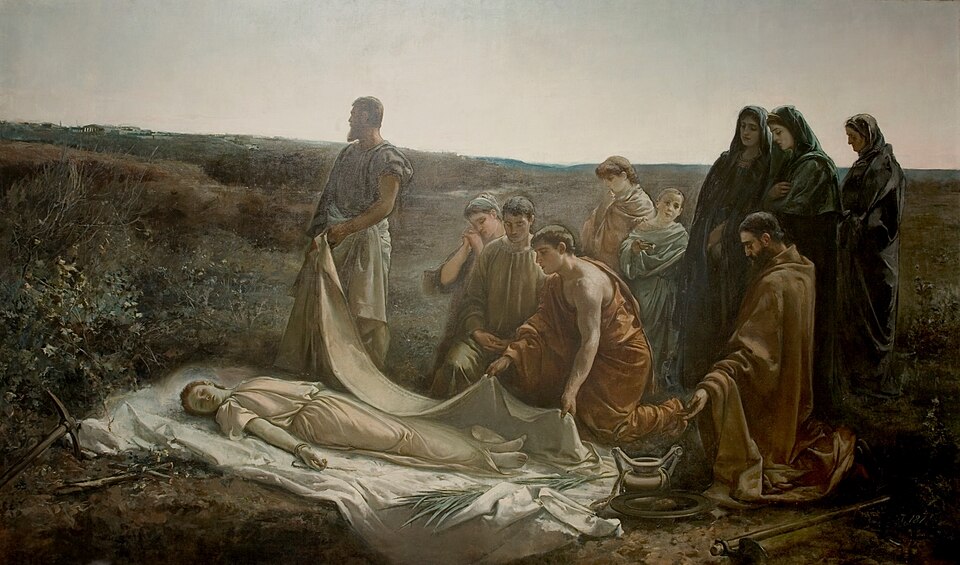Consider three groups of people: N contains unsociable weirdos, W contains all the other weirdos, and U contains all the non-weird unsociable people. Let n, w, and u be the number of people in each of these groups, correspondingly, and let a be the number of pairs of acquaintances, each containing one person from W and another from U. We need to prove that w + n < u + n, or w < u.
Well, no one in N can have an acquaintance in W, since weirdos don’t associate with sociable people. Since acquaintanceship is reciprocal, this means that each of the people in W is finding all their numerous (10+) friends in U. So a is at least 10w.
A person in U can find friends anywhere but must have fewer than 10 of them. So a is less than 10u.
Combining these inferences, if 10w ≤ a and a < 10u, then 10w < 10u and w < u.
11/03/2025 UPDATE: Reader Wolfgang Schilhan writes:
Hi! I noticed there is a flaw in the puzzle “A Prickly Puzzle” from October 24.
While the number of weirdos can’t be larger than the number of unsociable people, it still can be equal.
Consider a group of 10 or fewer people, each of them mutually acquainted but with no other acquaintances outside this group. Then everyone in this group is unsociable, since they have less than 10 aquaintances, and also a weirdo, since all their acquaintances are unsociable. Therefore w = u.
Imagine a society consisting only of such groups, plus any number of sociable people. Or a network of groups of 9 or lesser people like above, where anyone can have at most one acquaintance from another group. In all those examples, every unsociable person is also a weirdo and vice versa, therefore the number of weirdos equals the number of unsociable people.
The solution ignores the cases where the groups W and U are empty.
The error in the proof from the solution lies in the line “A person in U can find friends anywhere but must have fewer than 10 of them. So a is less than 10u.” This is true only if u > 0.
If u = 0, then a also is zero and therefore not less than, but equal to 10u.
(Thanks, Wolfgang.)
01/10/2026 UPDATE: Reader Vito Troisi sent this admirably concise proof:
Let W be a weirdo. If W has no acquaintances, then W is also unsociable by definition. Otherwise, W has at least one acquaintance, who, by definition of weirdo, must be unsociable. Therefore, in both cases, there exists at least one unsociable person for every weirdo, and therefore the former must be at least as many as the latter.
(Thanks, Vito.)



